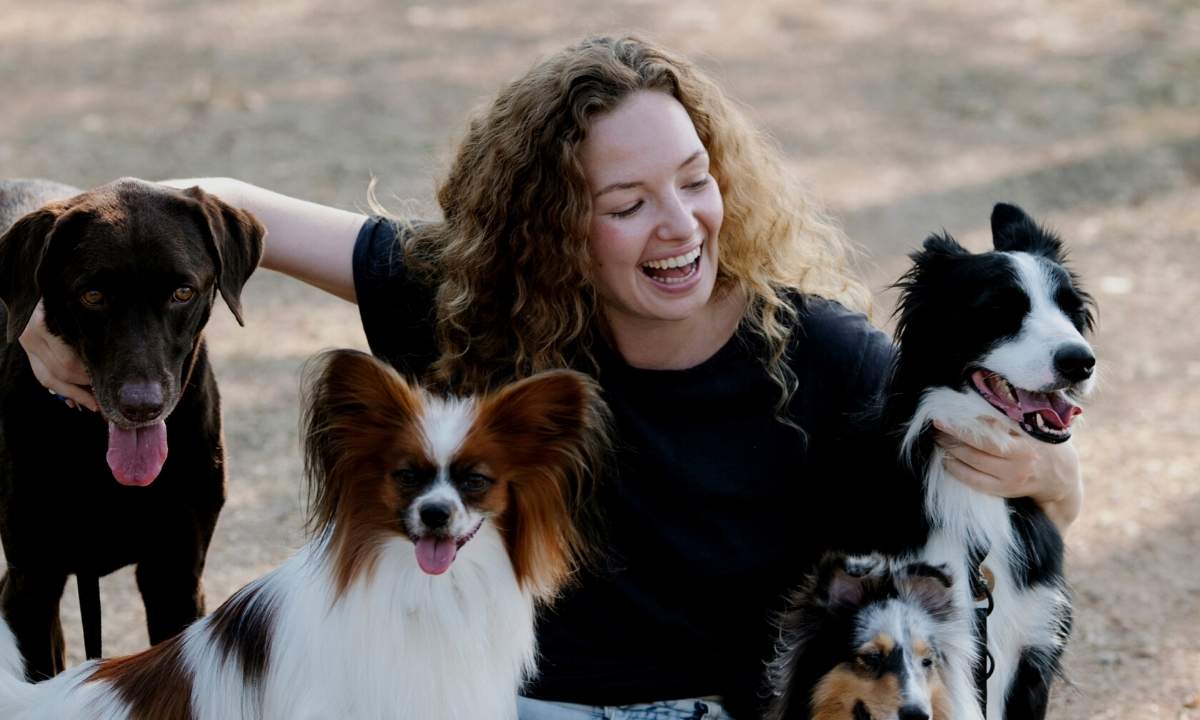Raising a puppy is an exciting journey, but it requires patience, consistency, and a structured training approach. The first six months of a puppy’s life are crucial for establishing obedience, discipline, and social skills. A well-planned training schedule ensures your puppy grows into a well-behaved, confident, and friendly adult dog. By following a step-by-step plan, new dog owners can provide the guidance and structure necessary for effective learning while fostering a strong bond with their puppy.
Week 8-10: Settling In and Name Recognition
The initial weeks are focused on helping your puppy adjust to their new home. Name recognition is one of the first skills to teach, as it forms the foundation for all future training. Use a cheerful and encouraging tone when saying your puppy’s name, rewarding them with treats or praise when they respond correctly. During this stage, also introduce basic house rules and allow your puppy to explore their environment in a safe and supervised manner. Early positive experiences help build trust and set the stage for successful obedience training.
Week 10-12: Introducing Basic Commands
Once your puppy is comfortable in their new surroundings, basic commands such as “sit,” “come,” “stay,” and “down” can be introduced. Short, frequent training sessions are most effective, as puppies have limited attention spans. Consistency and repetition are key, and positive reinforcement helps your puppy associate obeying commands with rewards. Early mastery of these foundational commands teaches self-control and focus, providing a solid base for more advanced training in the coming months.
Week 12-14: Socialization and Exposure
Socialization is essential during the early months of a puppy’s life. Gradually expose your puppy to a variety of people, animals, environments, and everyday sounds. Supervised playdates, visits to parks, and exposure to household noises help your puppy develop confidence and reduce fear-based behaviors. While socializing, continue reinforcing basic commands to teach your puppy to remain calm and responsive in different situations. Proper socialization ensures your puppy grows into a well-adjusted, friendly, and obedient adult dog.
Week 14-16: Crate Training and Housebreaking
Crate training is an effective method for teaching independence and establishing a sense of security. Introduce the crate gradually, making it a positive space with bedding and toys. Concurrently, housebreaking should be reinforced through a consistent bathroom schedule. Reward your puppy when they eliminate in the correct area, and gradually extend the time between bathroom breaks to build control. Crate training and housebreaking together instill good habits, promote self-discipline, and create a structured environment that supports obedience training.
Week 16-18: Leash Training and Controlled Play
By four months, your puppy is ready to begin leash training. Teaching your puppy to walk calmly on a leash prevents pulling and reinforces discipline during outings. Controlled play sessions are equally important for releasing energy and teaching boundaries. Structured play, combined with obedience cues such as “sit” or “wait,” helps your puppy learn self-control while strengthening your bond. Leash training and controlled play teach your puppy to behave politely both indoors and outdoors.
Week 18-20: Advanced Commands and Impulse Control
As your puppy grows, advanced commands like “leave it,” “heel,” and “place” should be introduced. These commands teach impulse control and help your puppy respond reliably in various situations. Practice these commands in multiple environments to ensure your puppy generalizes the behavior beyond familiar settings. Consistent repetition and positive reinforcement at this stage build a disciplined, calm, and obedient dog capable of handling real-world distractions with confidence.
Week 20-24: Reinforcement and Confidence Building
During the final stage of the six-month period, focus on reinforcing all learned commands and building confidence. Gradually increase the complexity of training exercises, such as combining commands or practicing in busier environments. Continued socialization, leash work, and controlled play sessions strengthen obedience and prepare your puppy for adult responsibilities. Reinforcement during this period ensures that your puppy maintains learned behaviors, develops self-assurance, and becomes a well-mannered, reliable companion.
Creating a Lifelong Training Routine
Completing the first six months of obedience training lays a strong foundation, but training should continue throughout your dog’s life. Consistent practice, ongoing socialization, and reinforcement of both basic and advanced commands help maintain good behavior. Establishing a lifelong routine ensures your dog remains disciplined, confident, and responsive, while deepening the bond between you and your pet. A structured and consistent approach during the first six months makes long-term training easier and more effective.
Conclusion
A carefully planned puppy obedience training schedule during the first six months is essential for raising a disciplined, confident, and friendly adult dog. From name recognition and basic commands to socialization, crate training, leash training, advanced commands, and confidence-building exercises, each step contributes to a well-rounded and obedient puppy. Patience, consistency, and positive reinforcement are key to success. Following this step-by-step plan ensures your puppy grows into a reliable, calm, and well-behaved companion, forming the foundation for a lifelong, fulfilling relationship.

